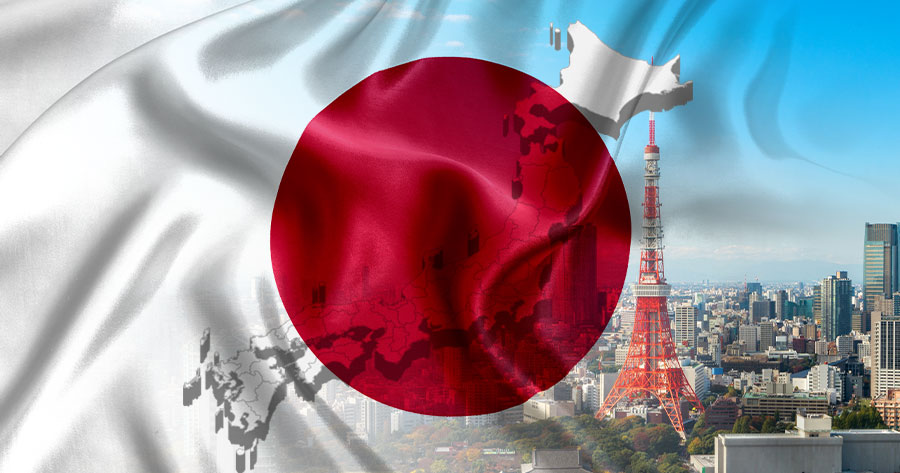Japan announced measures to counter the blow to consumers and businesses from soaring fueled and food costs that has turn lost lucrativeness of the yen dipping it to a two-decade low.
According to the cabinet office, 6.2 trillion of steps will be funded from sources including an additional budget and existing reserves. Once private sector contributions are included, the estimated scale of the measures widens to 13.2 trillion yen, it added.
Prime Minister Fumio Kishida’s government is aiming to secure the passage of the extra budget needed for funding the measures in the current parliamentary session, ahead of national elections in the summer.
Bank of Japan may also provide some cushion by keeping rock-bottom interest rates which has already contributed in fall of the yuan.
The developments came in just two days after BOJ announced to keep ultra loose policy.
Unlike other nations where central banks are joining forces with governments to cool inflation with higher borrowing costs, the BOJ is leaving the matter of rising energy and food prices largely to the government.
“In Japan, the administration is focusing on prices and the BOJ is concentrating on monetary policy and this package is in line with that,” said Mari Iwashita, chief market economist at Daiwa Securities Co, as reported by Bloomberg.
“So this enables the BOJ to keep up its monetary easing persistently to support the economy.”
While it’s good to have a support package in place, these are just temporary measures, said Yuki Masujima at Bloomberg Economics.
“Prime Minister Kishida needs to make extraordinary efforts in structural reform for Japan to increase its growth potential, revive the yen and ease the pain of households and businesses in a sustainable way,” he said.




